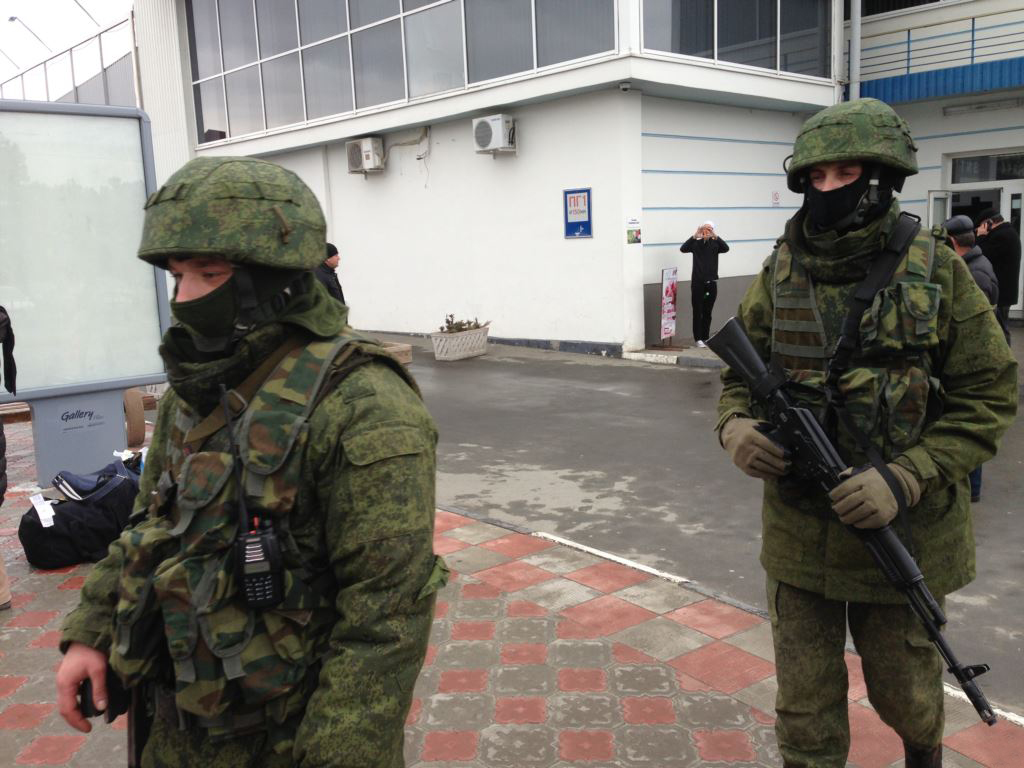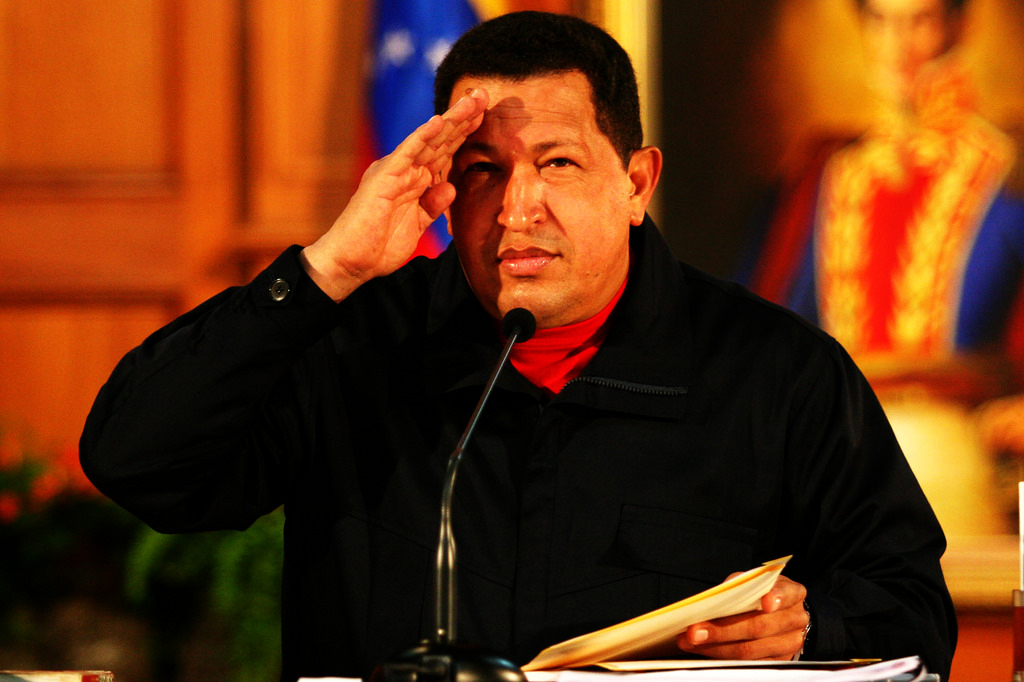Guest post by Salah Ben Hammou and Rosalie Rubio
On April 3, 2021, Jordanian authorities claimed to have uncovered a coup plot to overthrow King Abdullah II, spearheaded by his brother, Prince Hamzah bin al-Hussein. Although the government denied arresting him, the prince released a number of videos and audio recordings claiming that he was under house arrest and that security authorities had forbidden him from communicating with others. Hamzah denied any involvement in conspiracies to undermine the king but criticized the country’s leadership for corruption and repression. Several others, mostly Prince Hamzah’s aides and members of his security detail, were arrested in connection with the alleged coup plot.
Details of the affair, and what is to become of those charged with “sedition,” are still unclear. A government gag order forbidding local media from covering the event has only served to further obscure the facts. Some observers have concluded that the plot was likely a fabrication by the government, citing the lack of mobilization from the military and inconsistencies in the official narrative.
Prince Hamzah has since signed a letter pledging his loyalty to the king and the two appeared together at an event on April 11 marking the country’s centennial. The king also issued a statement claiming that the “sedition” had been quashed. But Jordanians and observers alike have been left guessing about what truly happened and if the matter has actually been resolved. Jordan’s history of coup events suggests that even seemingly fabricated plots can have important implications for the country’s political developments.
Jordan’s History of Ambiguous “Coups”
Similar to the kingdom’s recent debacle, previous coup events in Jordan—plots and attempts alike—have been shrouded with inconsistencies and doubt. Nonetheless, they have remained important hallmarks in the nation’s history, reflecting ongoing tensions within the government, and serving as catalysts for many of the monarchy’s key decisions.
Most notable is the alleged Zarqa coup attempt in 1957. At the time, King Hussein and his affiliates were embroiled in a bitter political rivalry with pan-Arab nationalist forces in the government of Prime Minister Suleiman al-Nabulsi. This rivalry culminated in a so-called coup attempt supposedly staged by a pan-Arab faction at the Zarqa military base. After the attempt’s failure, many of the alleged plotters were given curiously light sentences and even managed to reintegrate into Jordan’s political life, including al-Nabulsi. This, coupled with a lack of evidence of a plot, led to widespread skepticism about the event’s validity. Some suggested that Hussein had simply made the coup up.
Fabricated or not, the event effectively neutralized the leftist pan-Arab elements in the government and expanded Hussein’s power in parliament. Similarly ambiguous coup plots were uncovered in 1958 and 1959, after Abdullah’s cousin and monarch of Iraq, King Faisal, was ousted in July 1958. The discovery of these plots led to a full purge of supposed pan-Arab nationalists within the military.
Ambiguity in Today’s Context
If the plots in the 1950s represented Hussein’s power struggle with pan-Arab nationalist forces and served to strengthen his position, what can this most recent alleged plot tell us about underlying tensions within Jordan today? King Abdullah II is facing a mounting economic crisis, exacerbated by a botched government response to COVID-19. In this context, a fabricated plot could have been intended to rally the population behind the king. But Prince Hamzah complicated this by directly challenging the government’s official statements and leaking his own accounts to western media outlets and social media. If the discovered coup plot was a deliberate ploy on the part of the government to rally support, it has had the opposite of the intended effect—stoking tensions rather than assuaging them.
Tensions within Jordan’s government could also have served as a catalyst to fabricate a plot. In February, the king announced sweeping reforms to curtail the role of the powerful state security services and limit their ability to intervene in domestic political, legislative, and economic affairs. It is possible that calls to fabricate a plot originated within the security services to shore up their role as stakeholders and veto-players. Throughout the kingdom’s history, the security services have expanded their authority and role in politics in the midst of political crises. The discovery of a plot, even if fabricated, could stymie the king’s potential reforms and maintain the security services as a key pillar within Jordan’s political landscape.
Ambiguous and likely fabricated coup plots have influenced politics beyond Jordan. In Tunisia in 1991, President Zine al-Abidine Ben Ali was able to simultaneously crackdown on Islamist opposition and purge military elites through the falsified discovery of an “alleged coup plot.” Similarly, Turkish President Recep Tayyip Erdogan is thought to have relied on this strategy in 2010 and 2016 as a means of eliminating rivals within the military and cracking down on dissent, respectively.
Alleged coup plots, whether real or fabricated, reflect underlying power struggles and can leave an indelible mark on a country’s politics. Many analysts and experts have urged the Jordanian regime to undertake political and economic reforms as a way to address growing public unrest. The danger now is that this latest “coup plot” could enable state security forces to widen their authority over political disputes and at the expense of much-needed reform.
Salah Ben Hammou is a Security Studies Ph.D. Student at the University of Central Florida. Rosalie Rubio is a Political Science Ph.D. Candidate at George Washington University.






